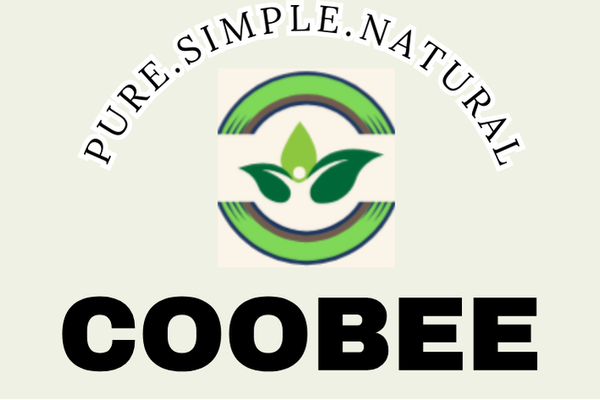No Foam, No Fluoride—No Worries!
Share
When we think about wellness, we often focus on what we eat or put on our skin. But have you ever considered the impact of your toothpaste? What you use daily in your mouth gets absorbed through the mucous membranes and can significantly affect your health over time. That’s why switching to a natural toothpowder is more than just a trend – it's a smart, health-conscious decision.
Let’s be honest—if you’ve got little ones at home, you know the struggle. Whether they’re sneakily eating toothpaste like it's dessert or just swallowing it by accident (despite your best “spit it out!” efforts), you don’t want them ingesting a cocktail of chemicals. Conventional toothpaste often contains fluoride, artificial sweeteners, SLS, and synthetic dyes—things you wouldn’t serve on a spoon at breakfast.
With a natural toothpowder, there’s peace of mind. Even if the kids sneak a taste (again), you know it's free from nasties and full of ingredients you can actually pronounce.
The Hidden Dangers in Conventional Toothpaste
Most commercial toothpaste brands contain a cocktail of harsh chemicals, many of which can do more harm than good. Here are just a few:
– Fluoride: While fluoride is promoted for cavity prevention, excess amounts can lead to fluorosis (tooth discolouration), neurological issues, and thyroid dysfunction – especially risky for children if swallowed.
– Sodium Lauryl Sulfate (SLS): A foaming agent that can cause mouth ulcers, irritation, and strip away protective layers, making teeth more sensitive.
– Triclosan: Linked to hormonal disruption, liver toxicity, and antibiotic resistance. It's banned in some personal care products but still lingers in certain toothpastes.
– Artificial Sweeteners (Saccharin, Aspartame, Sorbitol): Associated with gut imbalance, metabolic issues, and even neurological concerns.
– Sodium Benzoate: A preservative that can form benzene, a known carcinogen, when combined with vitamin C.
– 2-Bromo-2-Nitropropane-1,3-Diol (Bronopol): A formaldehyde-releasing preservative with skin-irritating and potentially carcinogenic effects.
– Magnesium Aluminium Silicate: Used as a thickener; may contribute to aluminium exposure, which is linked to neurotoxicity.
– Propylene Glycol: A petroleum-based compound also found in antifreeze; can irritate the skin, eyes, and lungs.
– Titanium Dioxide: Used to whiten paste, but in nanoparticle form may be absorbed into tissues and cause cellular damage.
– Parabens (Methylparaben, Propylparaben): Hormone disruptors with potential links to cancer.
– Diethanolamine (DEA): A foaming agent that can form carcinogenic nitrosamines.
– Synthetic Dyes: Dyes like FD&C Blue 1 are linked to hyperactivity and allergic reactions.
The COOBEE Alternative: Clean, Effective, and Natural
At COOBEE, we believe that oral care should be just as clean and thoughtful as skincare. Our natural toothpowder is made with 100% natural and mostly certified organic ingredients. It’s free from artificial additives, harsh chemicals, and preservatives.
Why Toothpowder?
Unlike paste, powder-based formulas:
– Don’t require chemical stabilisers or preservatives
– Are less abrasive and help maintain the integrity of your enamel
– Allow for simple, minimal ingredient lists
– Offer longer shelf life naturally
The Benefits You Can Expect:
– Detoxify your mouth naturally with gentle clays and herbs
– Strengthen and remineralise your teeth with minerals like calcium and magnesium
– Support gum health with antimicrobial herbs
– Freshen breath without synthetic flavours
Switching to natural toothpowder is a small change with big impact. By avoiding harmful chemicals and embracing natural care, you support not only your oral health but your whole-body wellness.
Sustainable and Long-Lasting
Each 120ml jar of our COOBEE Natural Toothpowder replaces approximately three tubes of conventional toothpaste, making it an eco-friendly and cost-effective alternative to traditional oral care products. Say goodbye to plastic waste and hello to a more sustainable smile—without compromising on quality or performance!
